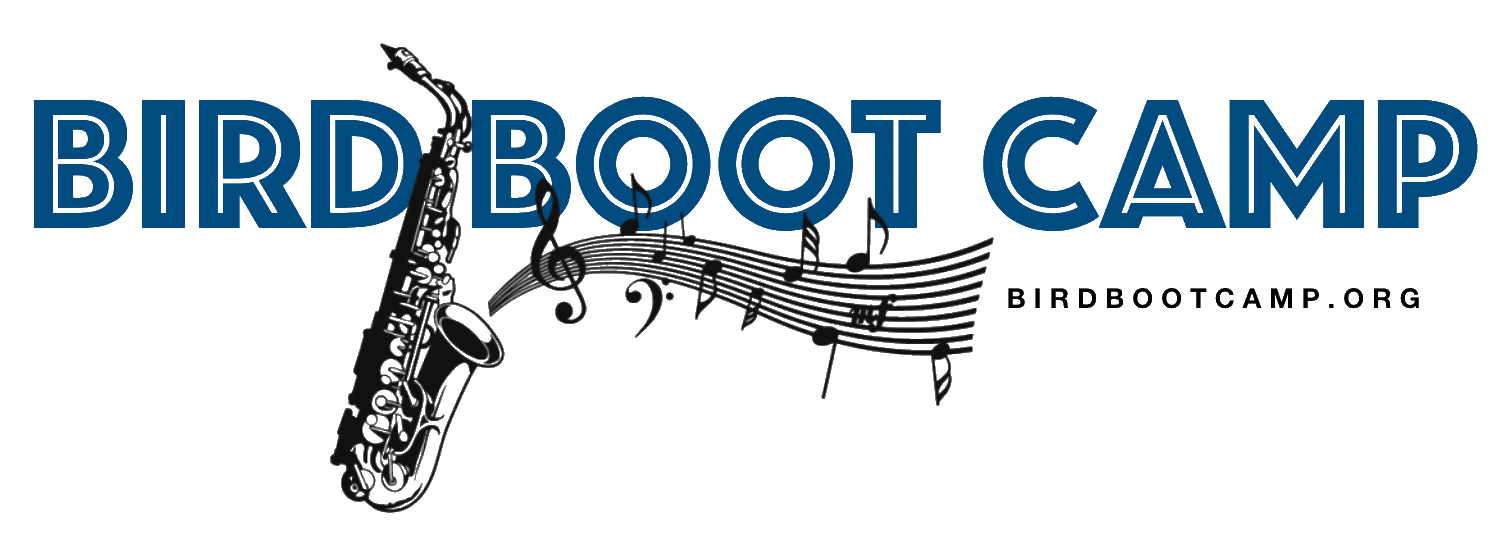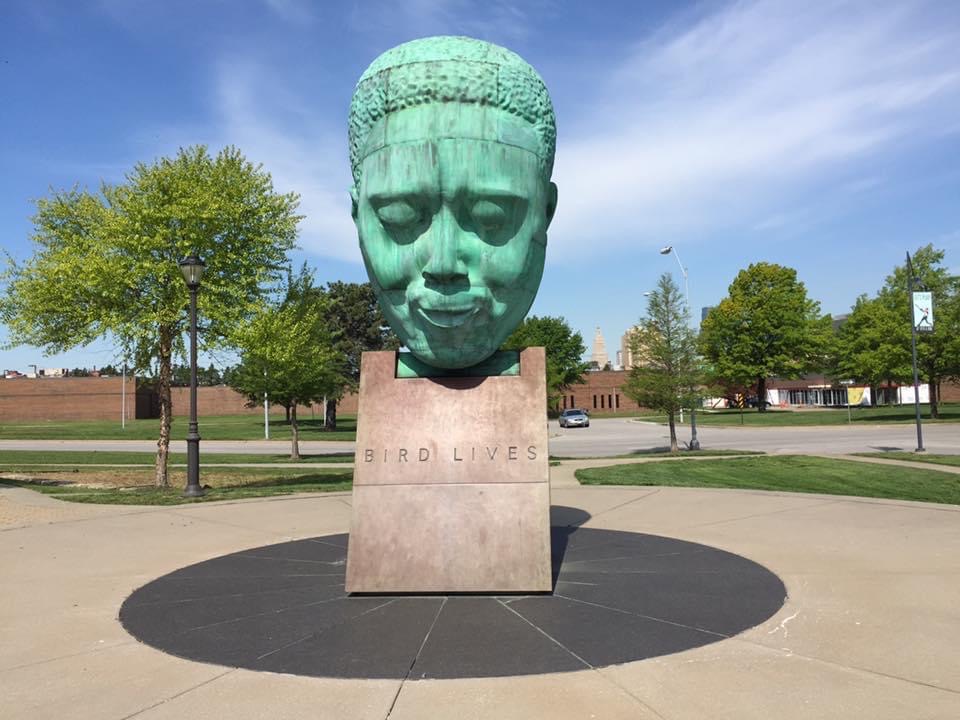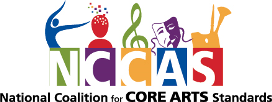SATURDAY / AUGUST 22
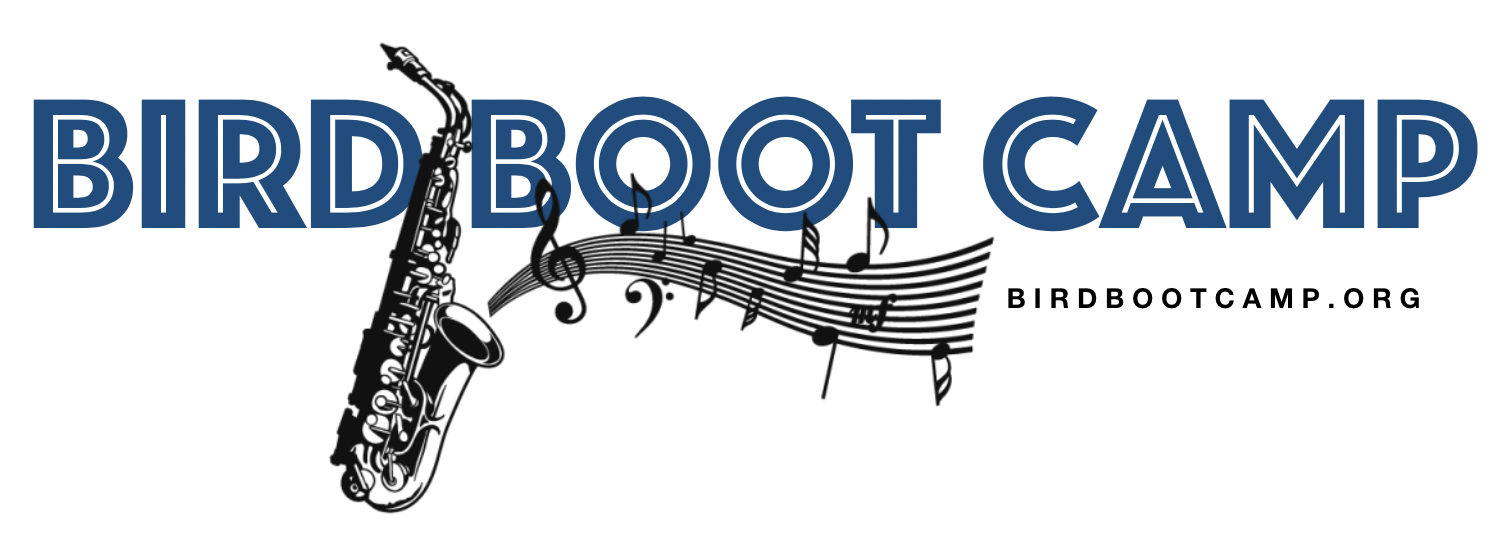
“Bird” Boot Camp teaches the music of legendary KC native, Charlie Parker – also nicknamed, “Yardbird” or “Bird” for short.
Kansas + Missouri Participants
“Bird” Boot Camp is an applied jazz education experience that immerses participants into the theory and practice of jazz music on several levels. Performance. Compositional Theory. Improvisation. See our 2019 Guidebook.
“Bird” is still broadly recognized worldwide as one of our most brilliant American Masters and musical innovators.
CANCELLATION + REFUND POLICY: In the event that Bird Boot Camp is canceled for whatever reason, full refunds will be provided.
ADD STUDENT INSTRUMENT + DETAILS: Along with providing all of the other personal information requested, please enter the PARTICIPATING MUSICIAN NAME(S) + INSTRUMENT(S) PLAYED in the Address 2 field of this form. This helps us provide the best experience for participants.
TAX-DEDUCTIBLE DONATIONS: All amounts donated that are above the Bird Boot Camp Participation amounts are tax-deductible. (See IRS.GOV) Thank you!
CONTRIBUTIONS TO THIS PROGRAM ARE TAX DEDUCTIBLE
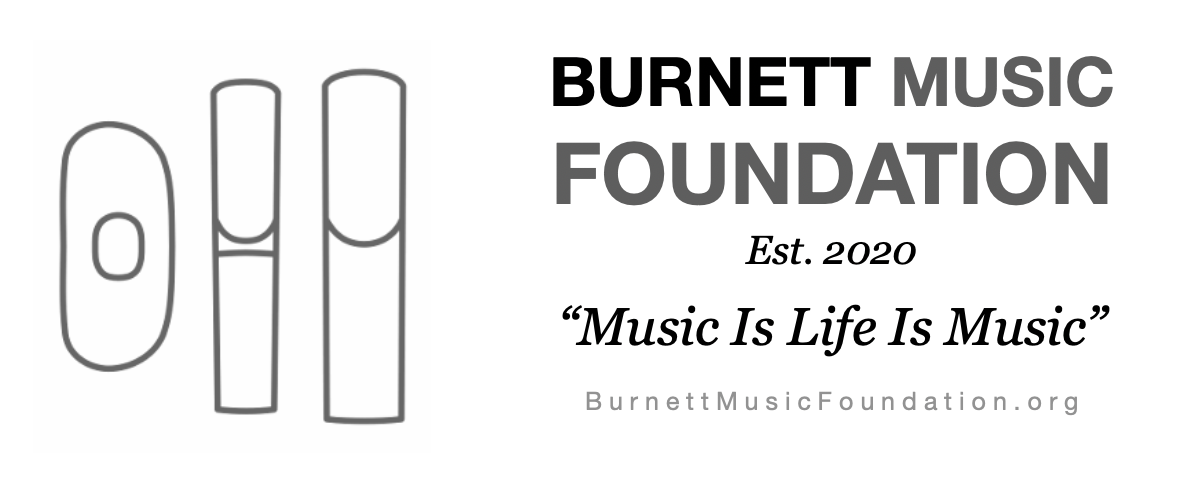
“Bird” Boot Camp is a program of Burnett Music Foundation, a Tax Exempt Organization under Internal Revenue Code (IRC) Section 501 (c) (3).
Donors can deduct contributions they make to us under IRC Section 170.
We’re also qualified to receive tax deductible bequests, devises, transfers or gifts under Section 2055, 2106, or 2522.
DONATE ANY AMOUNT

OUR HISTORY
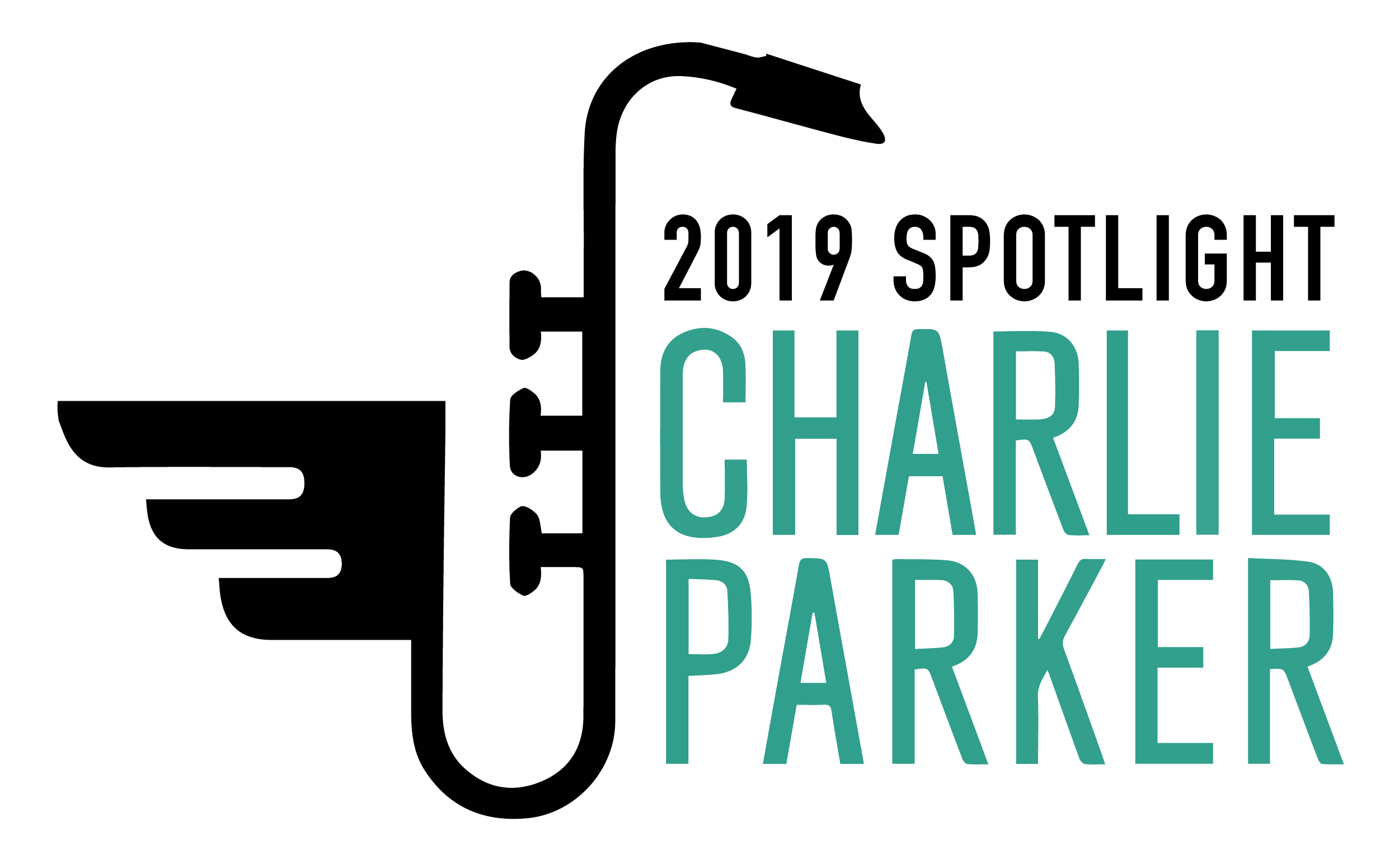
Now in its sixth year, the annual Charlie Parker festivities in the Kansas City Metropolitan Area will help contribute to bringing national and international focus upon Mr. Parker’s birth year centennial with Spotlight: Charlie Parker, a 10-day citywide celebration of his life and music from August 20-29, 2020.
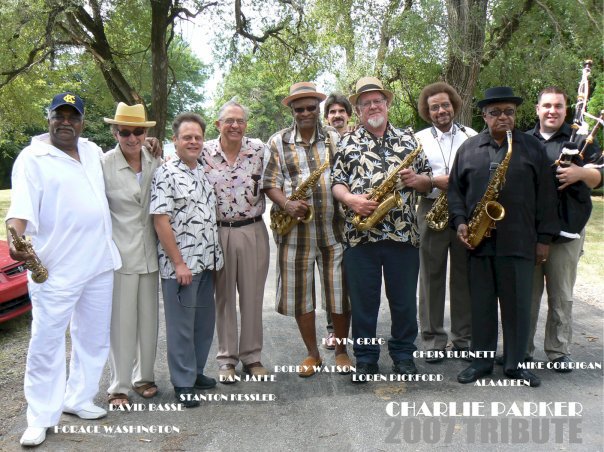
PHOTOGRAPH: 2007 Charlie Parker Lincoln Cemetery Gravesite Tribute – Participating musicians shown (L-R) are: Horace Washington, David Basse, Stanton Kessler, Dan Jaffe, Bobby Watson, Kevin Gregg, Loren Pickford, Christopher Burnett, Ahmed Alaadeen, and Mike Corrigan.
KC Jazz Alive, University of Missouri Kansas City, the American Jazz Museum, Nelson-Atkins Museum of Art, Mutual Musicians Foundation, Bruce Watkins Cultural Center and numerous other cultural and civic organizations will host jam sessions, tours, lectures, exhibits, panel discussions, poetry slams, workshops and concerts celebrating Charlie Parker —Kansas City’s native son.
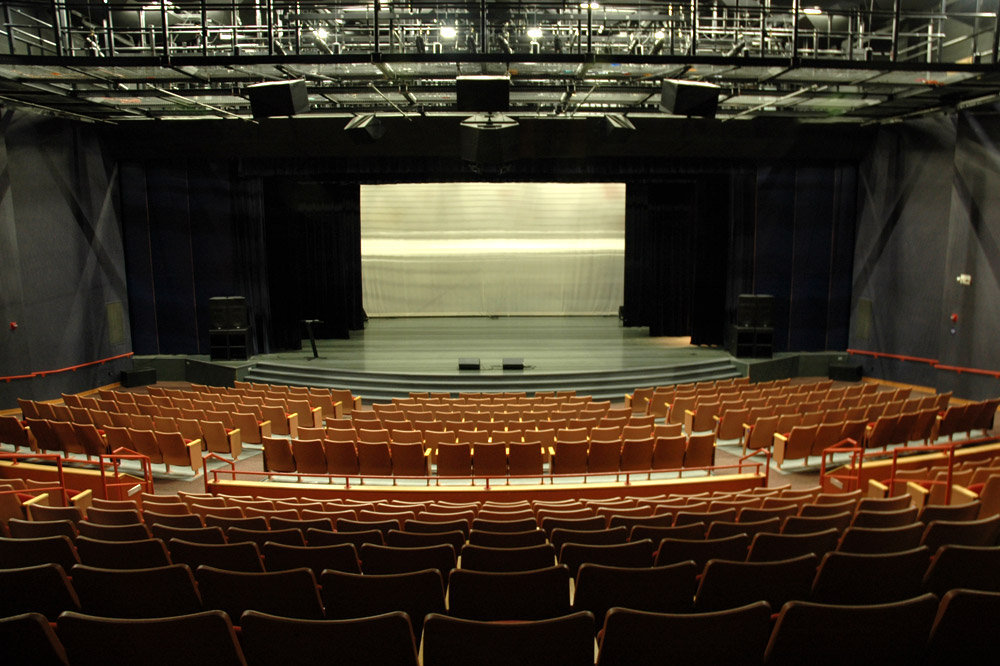
More information available at SpotlightCharlieParker.org
“There was one thing he wanted to do. He didn’t worry about anything else — as long as he could play that horn.”
— Jay McShann
INNOVATOR
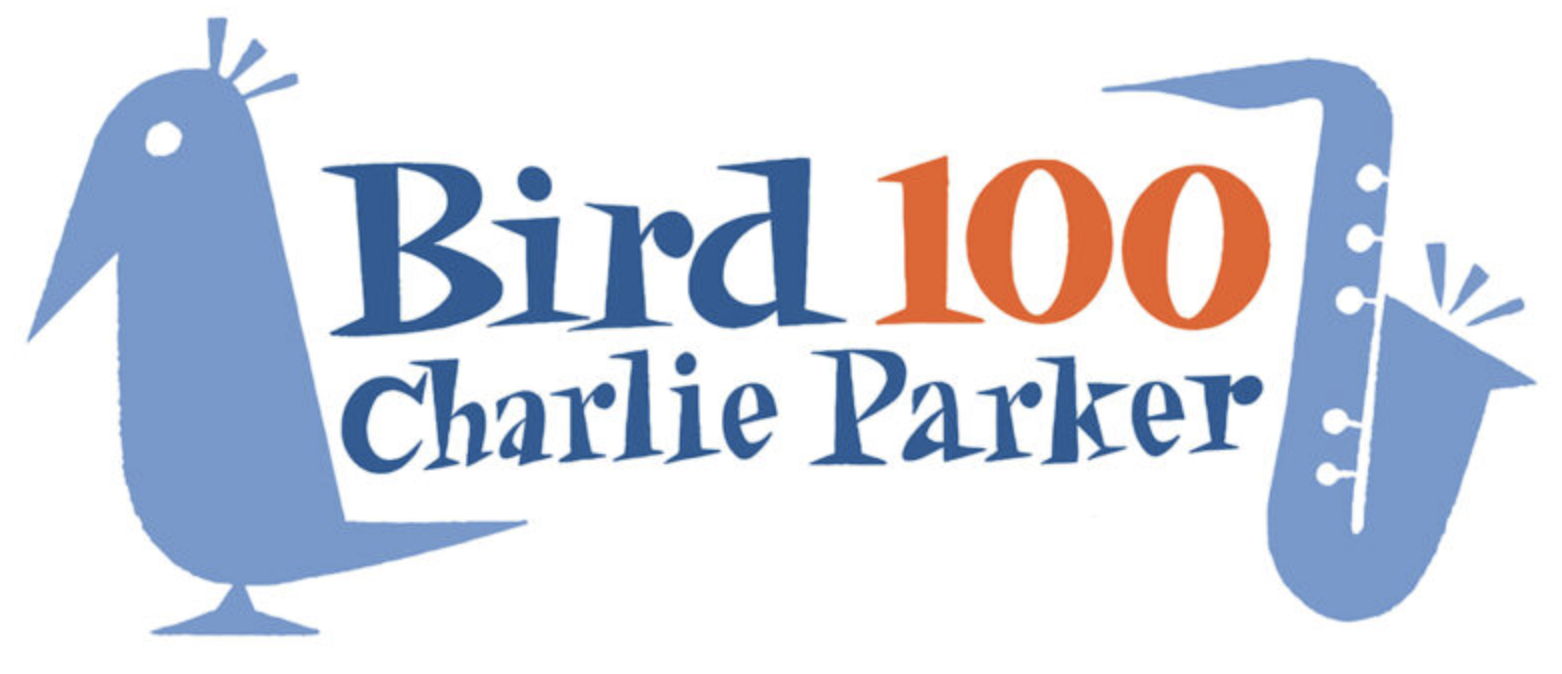
Today, Charlie “Bird” Parker is still considered one of the great musical innovators of the 20th century.
At age eleven, he started playing the saxophone.
At age twenty he was leading a revolution in modern music.
“A father of bebop, he has continued to influence generations of musicians, and sparked the fire of one of the most important and successful American artistic movements.”
— PBS, American Masters, Celebrating Bird: The Triumph of Charlie Parker
SPOTLIGHT
Charlie Parker (“Bird”)
(Aug 29, 1920 – Mar 12, 1955)
Jazz Saxophonist and Composer
KNOWN FOR
Considered the joint founder of bebop, along with Dizzy Gillespie, alto saxophonist Charlie Parker brought a new level of harmonic, melodic, and rhythmic sophistication to jazz. His music was controversial at first, as it drew away from the popular sensibilities of swing.
QUOTE
“Don’t play the saxophone. Let it play you.”
National Music Standards
Creating. Performing. Responding.
The standards emphasize conceptual understanding in areas that reflect the actual processes in which musicians engage. The standards cultivate a student’s ability to carry out the three Artistic Processes* of
Creating,
Performing, and
Responding.
These are the processes that musicians have followed for generations, even as they connect through music to their selves and their societies. And isn’t competence in Creating, Performing, and Responding what we really want for our students?
Students need to have experience in creating, to be successful musicians and to be successful 21st century citizens.
Students need to perform – as singers, as instrumentalists, and in their lives and careers.
Students need to respond to music, as well as to their culture, their community, and their colleagues.
The 2014 Music Standards are all about Music Literacy.
National Music Standards addressed include:
Creating. Performing. Responding.
MU:Cr1, MU:CRr2, MU:Cr3, MU:Pr4, MU:Pr5, MU:Pr6, MU:Re7, MU:Re8, MU:Re9, MU:Cn10, MU:Cn11 (Composition/Theory and Ensemble).
